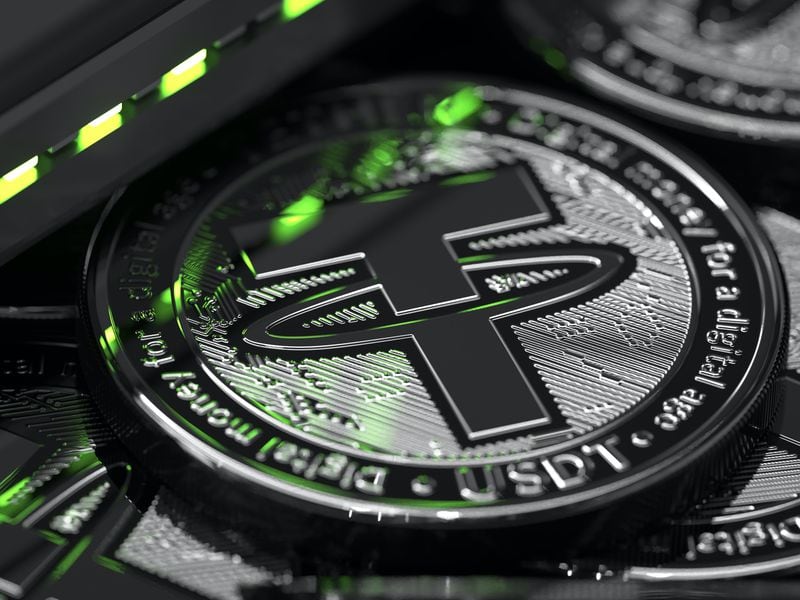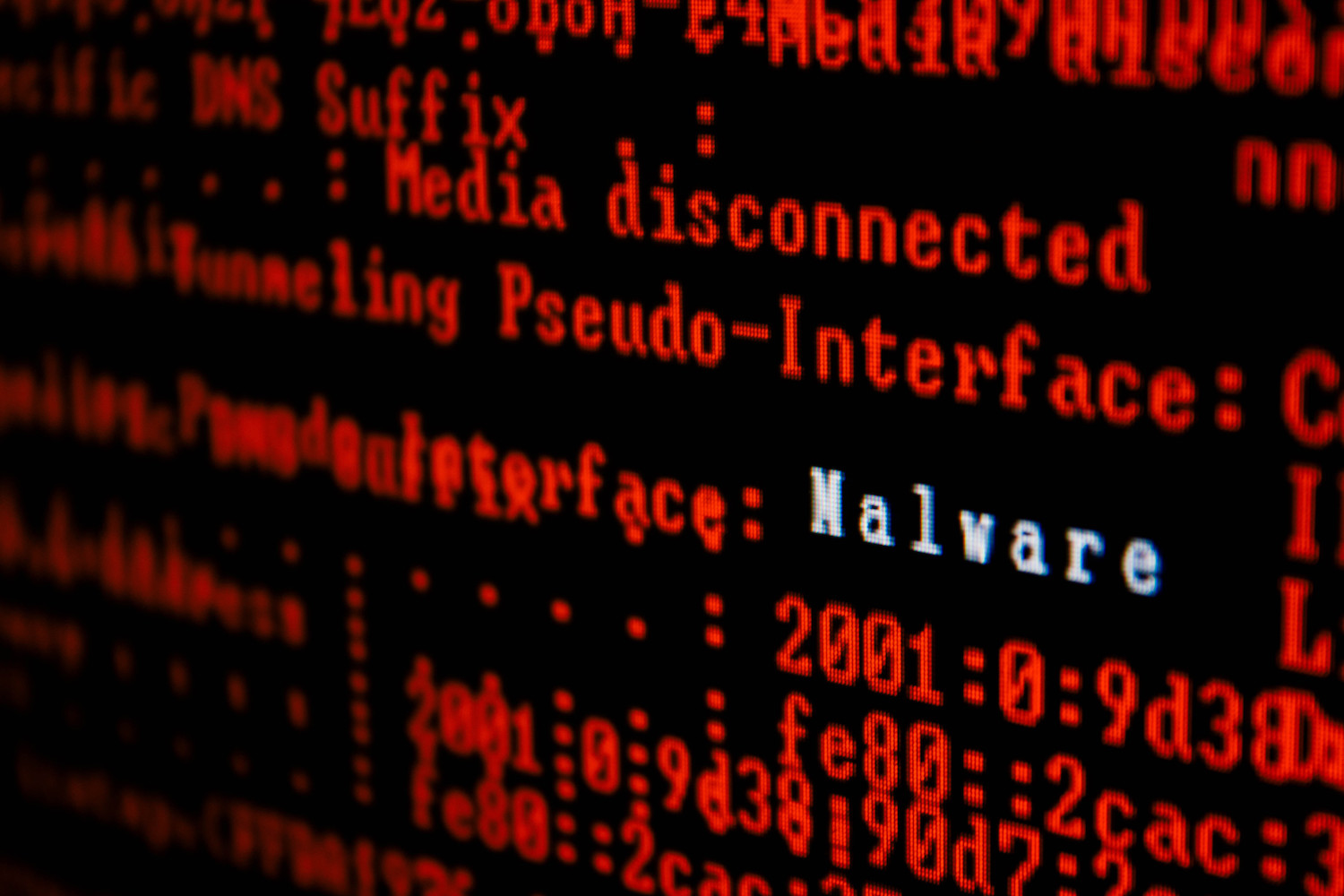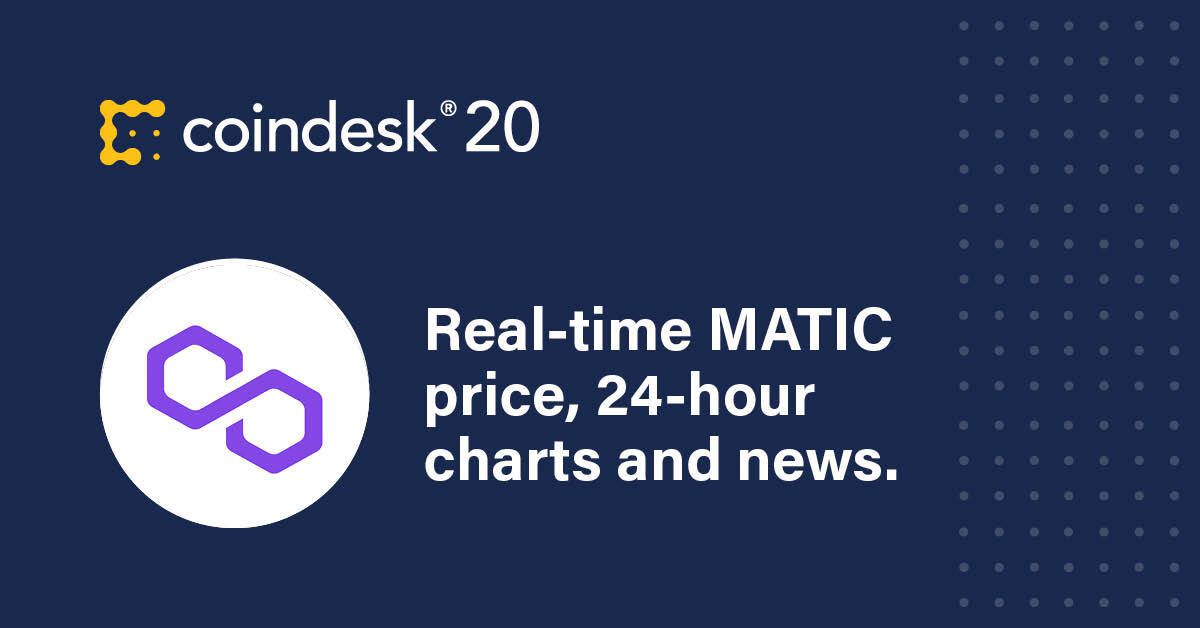Hawaii Hints It May Relax Onerous Rule to Lure Crypto Firms
Hawaii’s double-reserve requirement may be on its way out after three years of burdening crypto exchanges. (Image via Shutterstock)
Hawaiian regulators have launched a digital currency sandbox initiative that exempts participating crypto companies from Hawaii’s infamous double-reserve requirement.
The “Digital Currency Innovation Lab” by Hawaii’s Department of Commerce, Division of Financial Institutions (DFI), and the Hawaii Technology Development Corporation (HTDC) will give “selected” firms a two-year reprieve from Hawaii’s state money transmitter license requirement, according to a press release shared Tuesday, as the state begins to develop new cryptocurrency legislation.
It may also mark the beginning of the end for perhaps the most restrictive state-level crypto licensing regimes left in the U.S.
DFI never banned crypto businesses from Hawaii. But when the regulator decided in 2017 that companies hold just as much fiat as their clients held crypto – the “double-reserve” requirement – previously licensed crypto companies, including Coinbase, fled the state arguing that the mandate was irrational, untenable and bad for consumers.
DFI now appears to recognize that its bar was too high. In the sandbox initiative’s FAQ, HTDC writes that DFI “wanted to address the concerns” of businesses who could not meet the regulatory requirements.
A DFI spokesman confirmed that the sandbox does away with the double reserve requirement.
DFI pledged not to take action against sandbox participants, the press release said.
“DFI is leveraging its statutory authority to provide an innovative way to introduce digital currency issuers into the State of Hawaii, while ensuring the safety of our consumers,” Iris Ikeda, Commissioner of Financial Institutions, said in the press release.
Ikeda further stated that the sandbox would allow regulators to “craft legislation that is conducive to [cryptocurrencies] development in Hawaii.”
Hawaii’s sandbox is not a regulatory free-for-all, according to the press release. Prospective companies must apply for entry via HTDC and pay a $500 application fee, plus $1,000 for each participating term. Companies have until May 1 to apply.
Disclosure Read More
The leader in blockchain news, CoinDesk is a media outlet that strives for the highest journalistic standards and abides by a strict set of editorial policies. CoinDesk is an independent operating subsidiary of Digital Currency Group, which invests in cryptocurrencies and blockchain startups.









